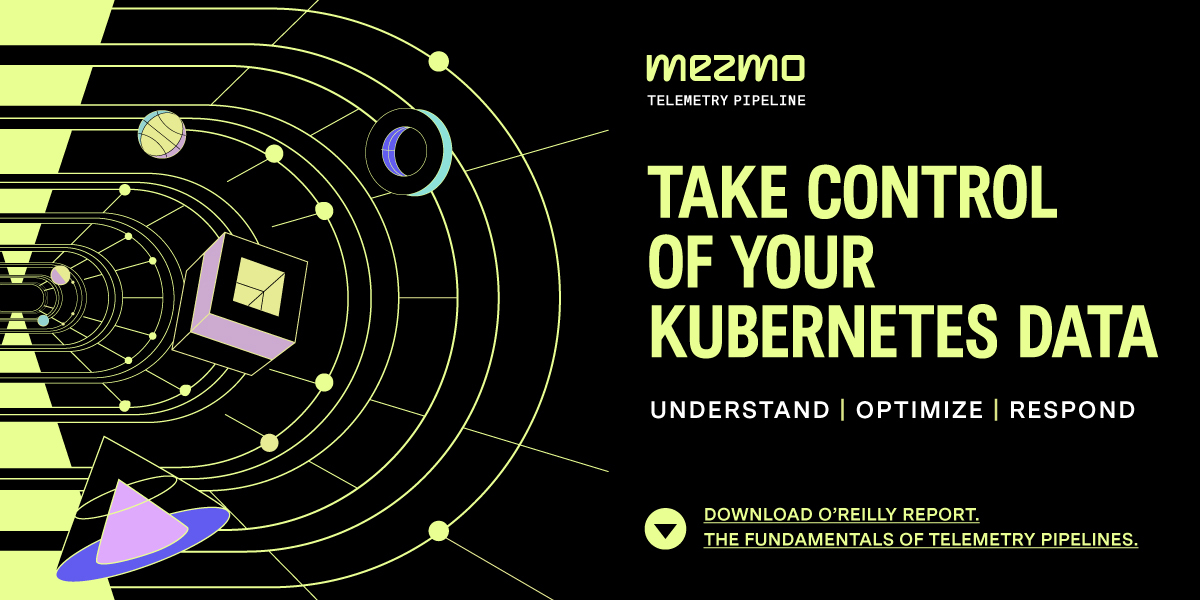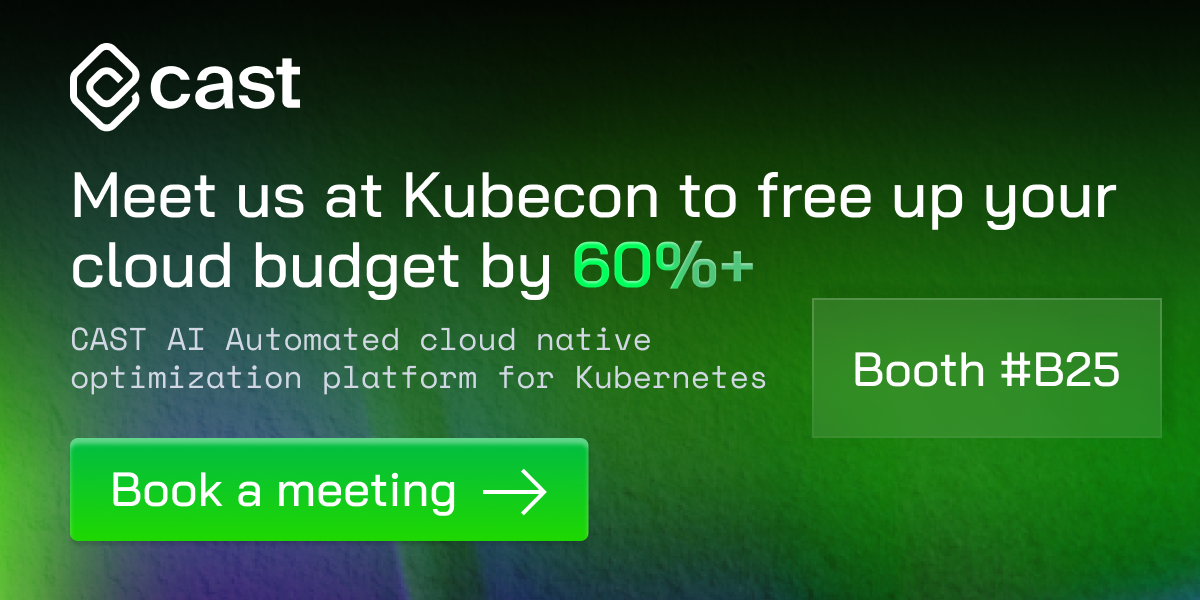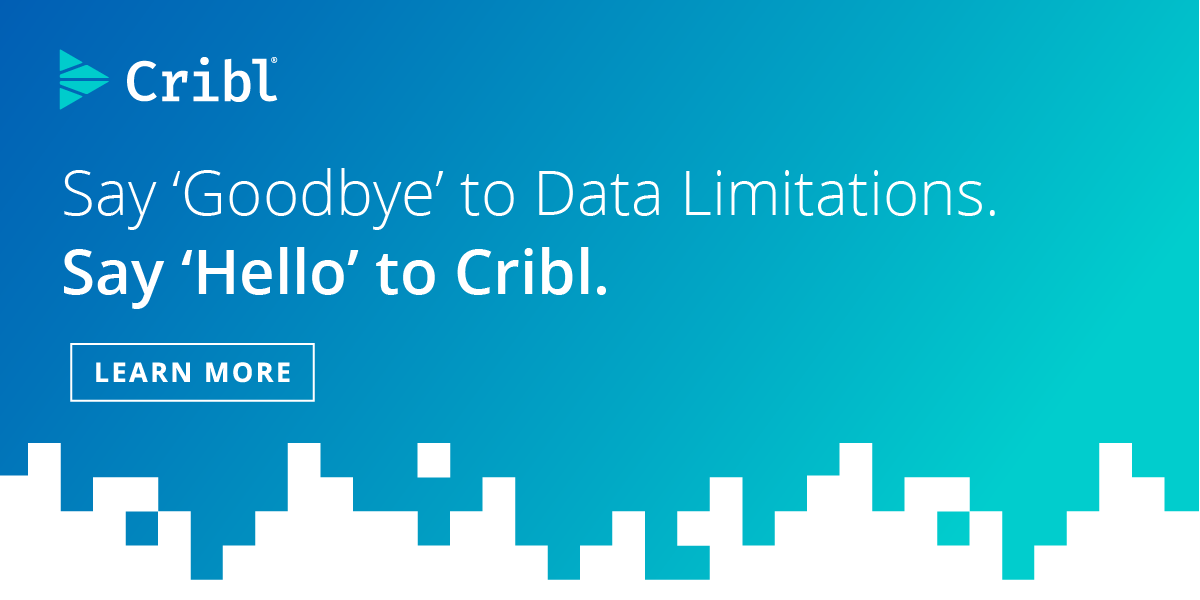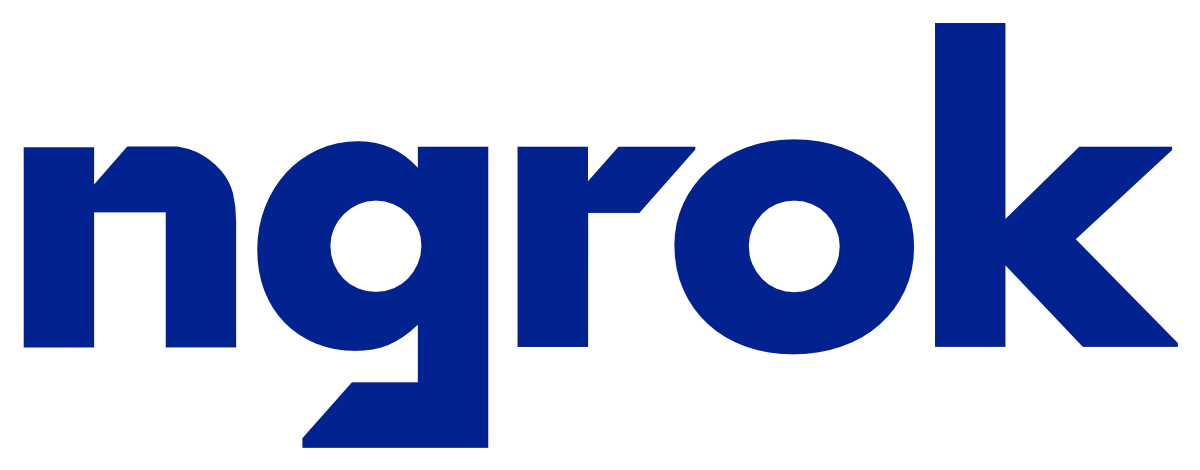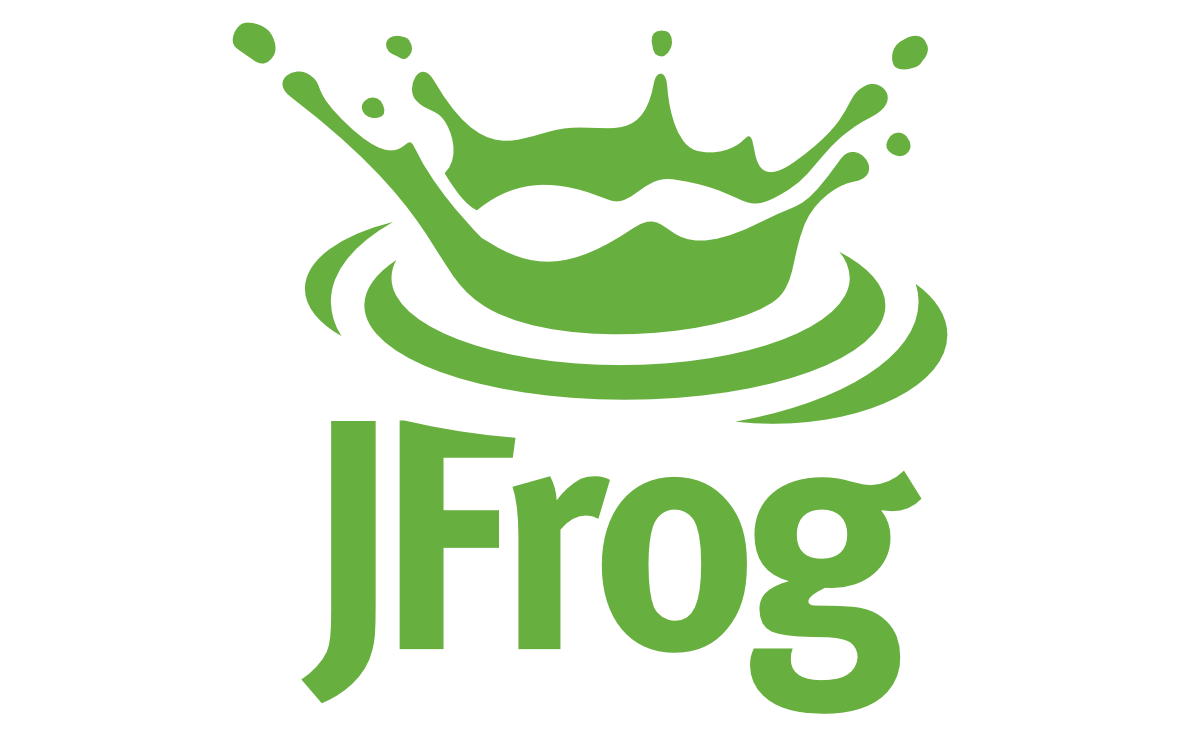VMblog: If you were giving a KubeCon attendee a quick overview of the company, what would you say? How would you describe the company?
Tucker Callaway: Mezmo helps enterprises understand and optimize their telemetry data and enables them to respond intelligently. Mezmo's Telemetry Pipeline makes it easy for SREs, developers, platform, and cloud engineers to understand the Kubernetes data using data profiling and then ingest, transform, and route telemetry data from Kubernetes, and other sources, to any observability platform for analytics or visualization. Mezmo helps manage data costs, uncover business insights, and ensure data compliance.
VMblog: Your company is sponsoring this year's KubeCon + CloudNativeCon event. Can you talk about what that sponsorship looks like?
Callaway: Mezmo is the Gold sponsor at this year's KubeCon in Chicago.
VMblog: How can attendees of the event find you? What do you have planned at your booth this year? What type of things will attendees be able to do at your booth?
Callaway: Yes, attendees can find us at booth #B10. Attendees can speak with our data experts and consult about the challenges they have in managing telemetry data from Kubernetes and other sources. They can see a live demo of Mezmo Telemetry Pipeline and also participate in our free Data Profiling program, which will help them understand their Kubernetes data.
They can also receive their own copy of the O'REILLY book "The Fundamentals of Telemetry Data."
VMblog: Have you sponsored KubeCon + CloudNativeCon in the past? If so, what is it about this show that keeps you coming back as a sponsor?
Callaway: Yes, we have been a longtime supporter of KubeCon and the CNCF community. We are very excited about projects such as OpenTelemetry. This is a unique opportunity for us to meet various technology leaders and practitioners, learn about industry advancements, showcase our latest technology, and meet other partner organizations.
VMblog: What kind of message will an attendee hear from you this year? What will they take back to help sell their management team and decision makers?
Callaway: Every enterprise is overwhelmed by the deluge of telemetry data. Logs, metrics, traces, and events emitted by hundreds of systems. We believe there is a better and more cost-effective way to manage this data. And, it starts with data understanding. That is the reason we invested in building first-of-its-kind Data Profiling technology for telemetry data. Once you understand your data, you can make much better decisions about optimizing the data for use in analytics and get the most value from your data.
Our approach of Understand, Optimize and Respond helps SREs, cloud and platform engineers, and infrastructure teams to build a strong business case for telemetry pipelines that help reduce data costs and deliver unprecedented business insights from the data. And they can get started for free, just in hours.
VMblog: Can you double click on your company's technologies? And talk about the types of problems you solve for a KubeCon + CloudNativeCon attendee.
Callaway: Mezmo provides a telemetry pipeline that includes data ingestion, profiling, transformation, and routing to any observability platforms like DataDog, Splunk, Prometheus, New Relic, or Grafana.
We have adopted OpenTelemetry to make it easier for our customers to collect data and route the formatted data to desired sources. Mezmo is available in the cloud as well as in customers' local environments.
Users can build a telemetry pipeline using our graphical interface or if you are an SRE or a platform engineer, you can also build and deploy pipeline as code. Mezmo provides complete control on our platform, which customers love for its speed, ease of use, and scale. The platform gives customers flexibility, regardless of the other tools they use in their observability and security stacks.
VMblog: While thinking about your company's solutions, can you give readers a few examples of how your offerings are unique? What are your differentiators? What sets you apart from the competition?
Callaway: We believe that the first step in getting the most from your telemetry data and your observability investments is to understand your data. That's what we heard from dozens of SREs we spoke to, and why we invested in building Data Profiling.
We also believe that telemetry pipelines cannot be static. They need to be responsive. If there is a data drift or an incident detected by the observability platform, the pipeline should be able to detect that and adjust data streams, recommend remediation actions, or take actions that result in faster MTTR.
This unique approach of Understand, Optimize, and Respond is what sets us apart.
VMblog: Where does your company fit within the container, cloud, Kubernetes ecosystem?
Callaway: Mezmo Telemetry Pipeline supports OpenTelemetry standards, and we have designed best practices to understand and optimize the telemetry data from Kubernetes. This helps organizations better monitor their Kubernetes containers and services, and extract business insights from the logs and events generated for maintaining better system performance and delivering superior customer experience.
VMblog: KubeCon + CloudNativeCon is typically a great venue for a company to launch a new product or an update to an existing product. Will your company be announcing anything new? If so, can you give us a sneak preview?
Callaway: Yes, we are launching our new Data Profiling for telemetry data as well as showcasing our unique approach to Understanding, Optimizing, and Responding to Kubernetes data.
VMblog: With regard to containers and Kubernetes, is there anything holding it back from a wider distribution? If so, what is it? And how do we overcome it?
Callaway: Kubernetes has established itself as the de facto container orchestration platform and a vital component of the cloud-native trend. With hundreds of microservices operating on thousands of containers in ephemeral and disposable pods, it delivers speed, elasticity, and agility to software development; but it also adds complexity. Monitoring such a large, distributed, dynamic system is complex and critical.
It abstracts away a lot of complexity to expedite deployment. However, it masks the resources in use and makes root cause analysis more complicated when something goes wrong. Observability in Kubernetes has been a challenge. Using the latest innovation in telemetry pipelines can help with collecting data, transforming the data for analysis, extracting business insights from Kubernetes telemetry data, and bringing the desired visibility into Kubernetes deployments.
VMblog: Are companies going all in for the cloud? Or do you see a return back to on-premises? Are there roadblocks in place keeping companies from going all cloud?
Callaway: Many companies have taken the cloud-first approach. However, there are many enterprises that prefer some combination of cloud and on-premises deployment. Security, compliance, and data concerns remain one of the roadblocks. We offer telemetry pipeline both in the public cloud and in customers' own environments. In addition, a lack of understanding of cloud TCO and cloud data storage and compute costs keep enterprises from going all-in. Other challenges include a lack of skill availability to monitor and manage cloud health and performance.
Having a proper observability stack is critical to address many of the security costs, as well as ease-of-performance management issues.
VMblog: The keynote stage will be covering a number of big topics, but what big changes or trends does your company see taking shape as we head into 2024?
Callaway: We believe there will be a continued surge in digital adoption and resulting acceleration in telemetry data generation. The cost of managing and processing the data will continue to increase and enterprises will look for more effective ways to manage their data.
Cybersecurity will continue to be a concern and enterprises will demand more responsive infrastructure that not only processes the data in real time but also detects data drifts and anomalies to adjust how data is being processed.
We'll see Generative AI moving from science projects to more practical uses across all functional groups in organizations. In 2023 we saw many observability platforms incorporating GenAI and LLM into their analytics, and next year as well, we'll see an increasing appetite for data consumption and teams demanding access to more variety, and volume of data, in the right formats to fuel their AI/ML.
VMblog: Are you giving away any prizes at your booth or participating in any prize giveaways?
Callaway: At booth #B10 we'll be handing out complimentary copies of O'REILLY's new report, "The Fundamentals of Telemetry Pipeline," which covers the transformative power of telemetry pipelines and how they are used to manage application performance. Paired with this book, we'll also have new bookmarks, fun observability sticker sheets, and mesmerizing enamel pins.
VMblog: Is your company sponsoring any type of party or get together during the event that you'd like to notify attendees about?
Callaway: This year we're hosting an intimate customer and prospect dinner to drive deeper conversations around managing the exponential growth of telemetry data and the need to have visibility into systems to surface insights. We'll be at The Gage in the heart of Chicago at 6 p.m. on Wednesday, Nov. 8. Reach out to the Mezmo team if you're interested in attending.
